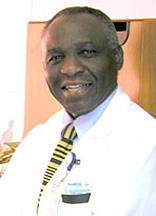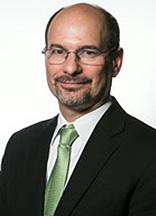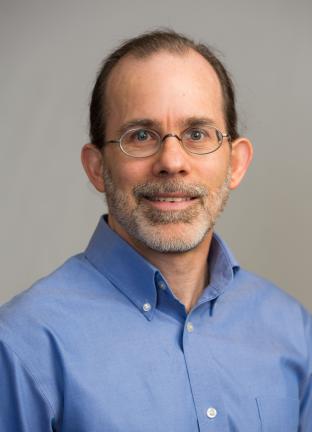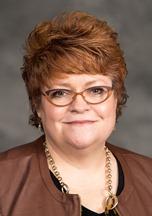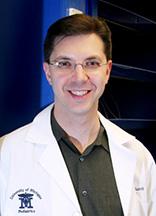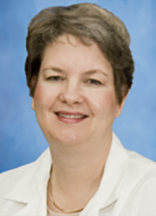Professor, Molecular & Integrative Physiology
The Michele laboratory focuses on the mechanisms of muscular dystrophy and cardiomyopathies associated with mutations in the transmembrane dystrophin-glycoprotein complex and abnormal glycosylation of the central protein in this complex, dystroglycan. The cellular mechanism of dystroglycan modification, and the resulting pathways leading to muscular dystrophy and cardiomyopathy are currently unclear. Our laboratory is currently exploring these mechanisms using spontaneous mutant, traditional and conditional targeted mouse models in vivo, and studying the effects on skeletal muscle function and cardiac myocyte biology in vitro.
Dr. Michele is NOT accepting fellows for Summer 2024.
